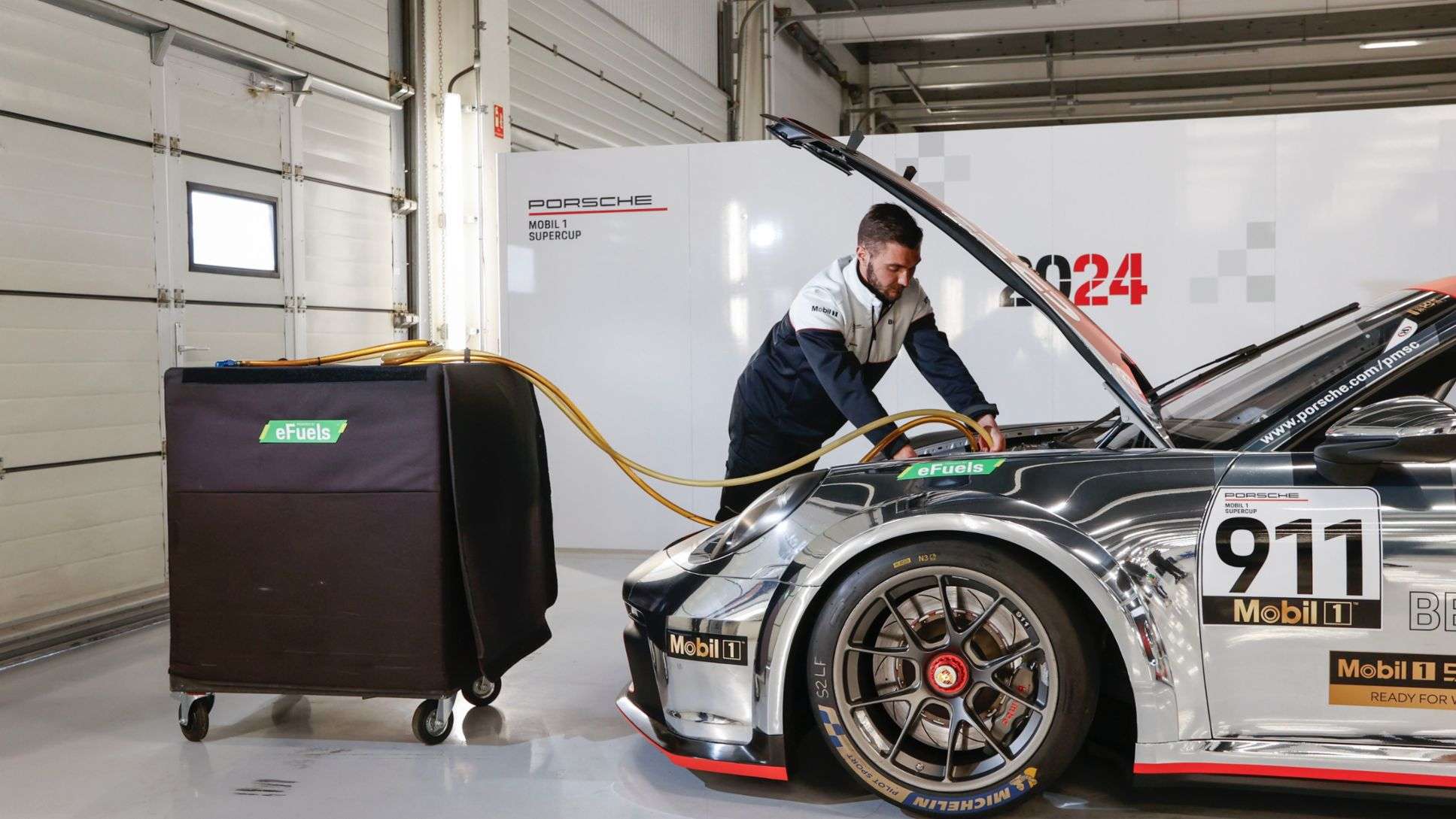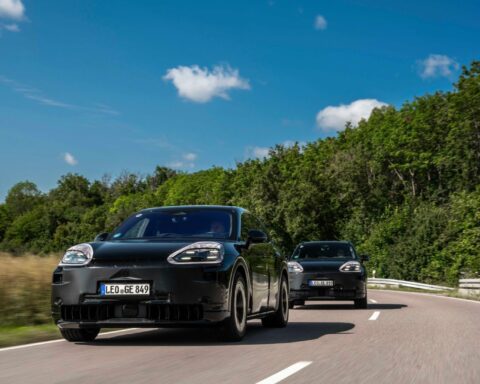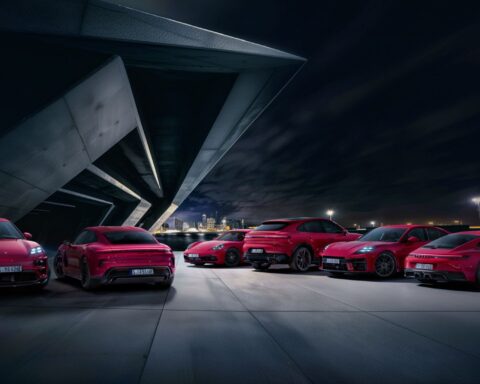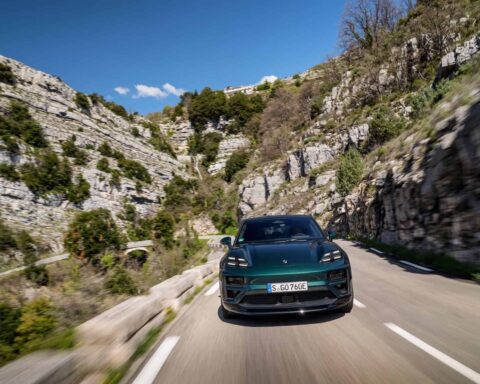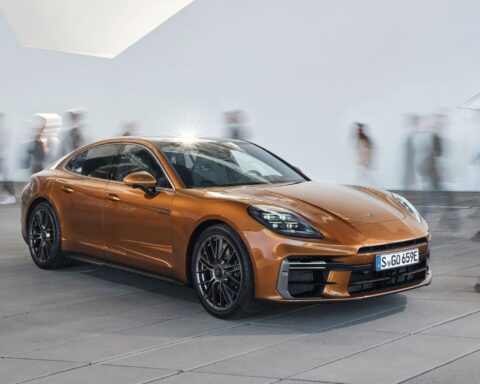The Porsche Mobil 1 Supercup will start the new season with eFuels that are potentially near-carbon-neutral. The feedstock comes from the Haru Oni pilot plant.
The up to 32 racing cars in the Supercup will be fuelled exclusively with eFuels at each of the eight racing events in Europe.
With the flagship project, Porsche wants to guide the way to a motorsport that has the best possible net CO₂-neutral balance sheet and aims to take a pioneering role.
In 2024, the Porsche Mobil 1 Supercup will run exclusively with potentially nearly synthetic eFuels for the first time. The raw fuel comes from the Haru Oni pilot plant in Chile and is produced ready-for-racing through a so-called blending process.
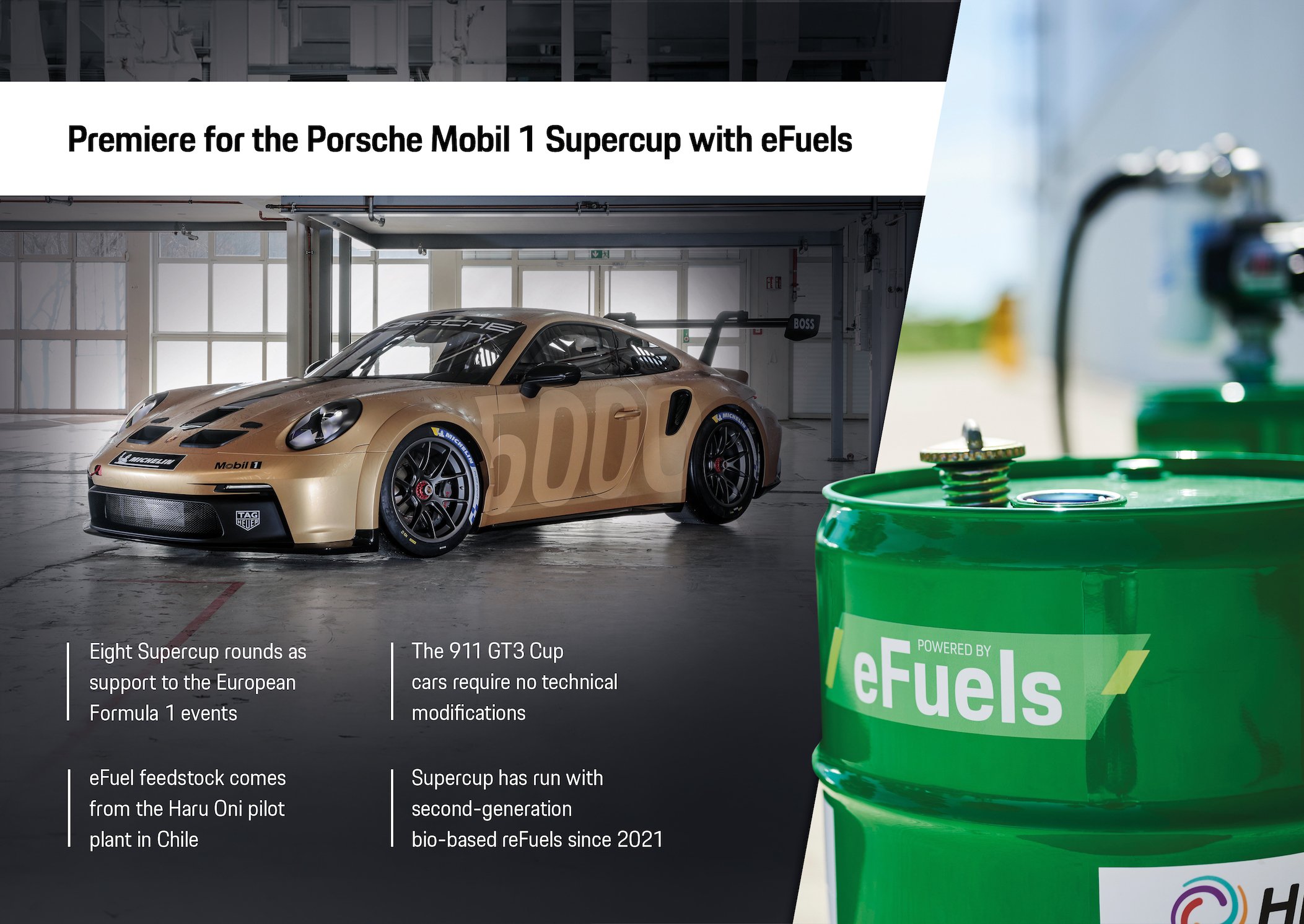
The final product allows the 911 GT3 Cup vehicles that make up the field to compete potentially almost CO₂-neutral. In the previous three years, a second-generation bio-based, partially synthetic fuel mixture was used in the sports car manufacturer’s top one-make series.
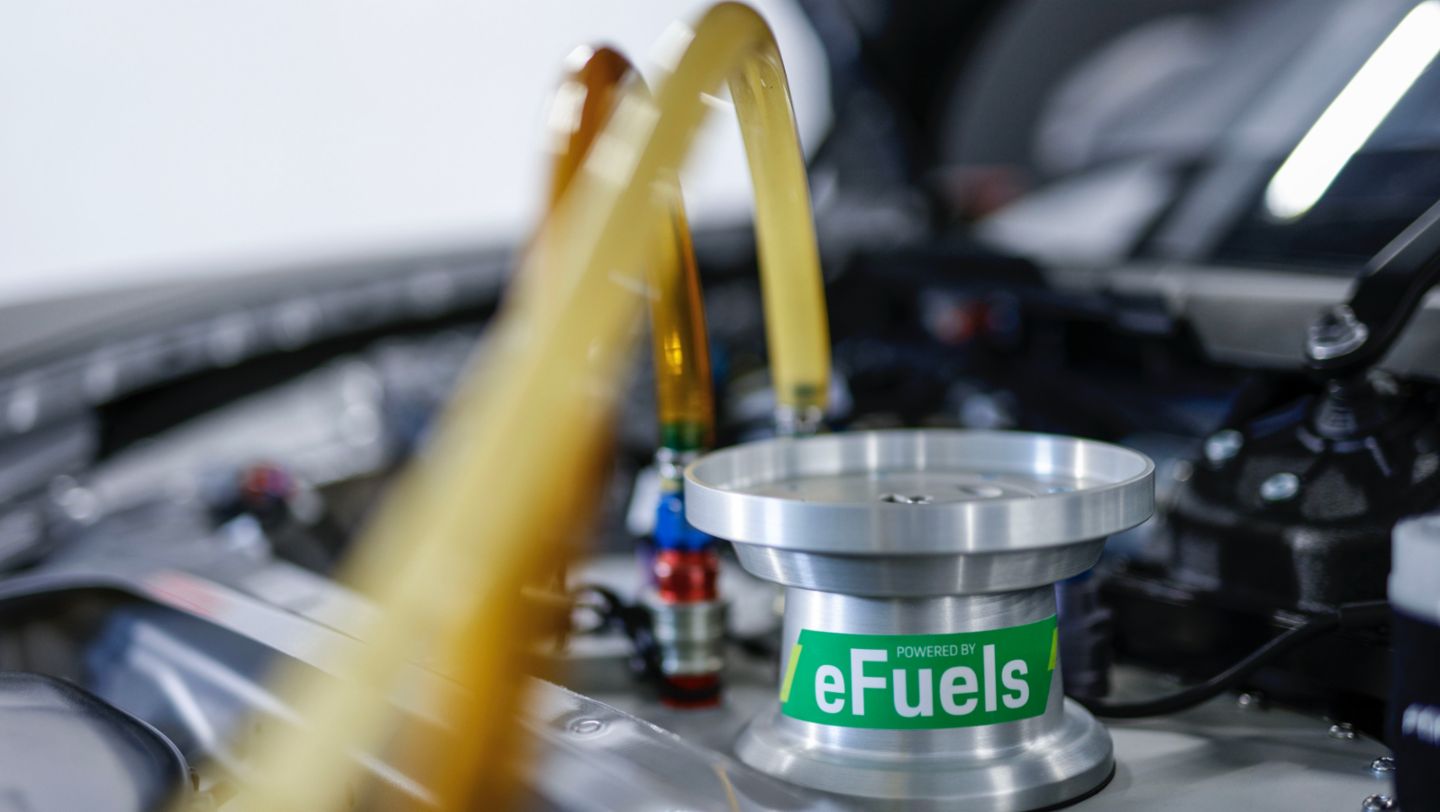
Porsche now takes the next systematical step with this flagship project. The racing cars, which, unlike their production counterparts, are equipped with manually programmed engine control units, will have an adapted software version installed before the event.
The Porsche Mobil 1 Supercup once again runs exclusively as part of the support programme at eight European Formula 1 races this year.
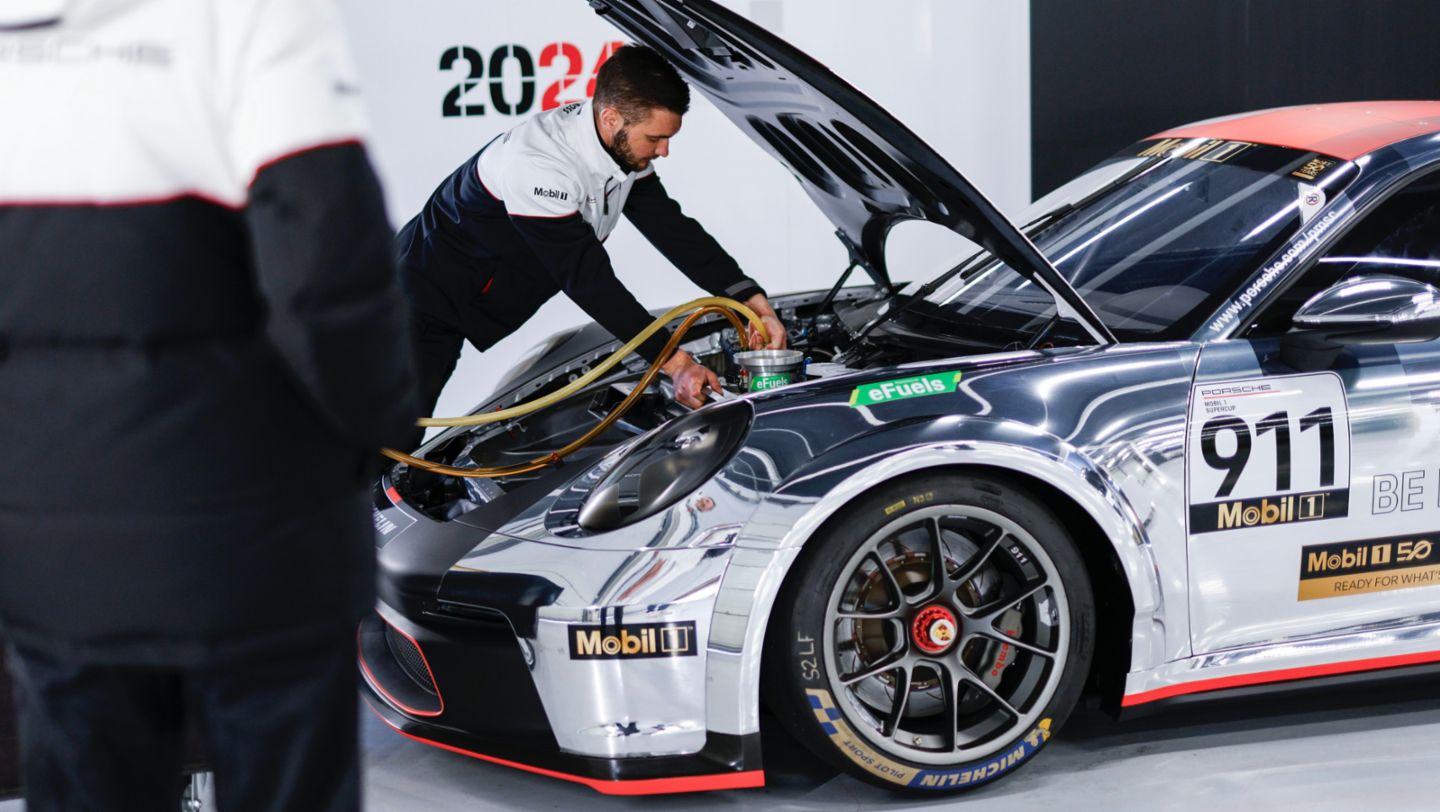
The season gets underway with the Grand Prix of Emilia-Romagna in Imola on 19 May, and concludes also in Italy, this time in Monza on 1 September. During the season, the total fuel requirement for up to 32 Cup vehicles is around 50,000 litres.

“The Supercup is also a beacon for us when it comes to eFuels. Motorsport has always been a driver of innovation – now also in terms of fuel. Through this project, we are taking further steps towards achieving our decarbonisation goals,” says Michael Steiner, Board Member for Research and Development at Porsche AG. “If you look at the entire value chain, the Porsche Mobil 1 Supercup racing cars can race with eFuels in a potentially almost CO₂-neutral way. Here, the new fuel is used under the toughest conditions. To slow global warming, it is essential to reduce carbon dioxide emissions – this also applies to motorsport.”
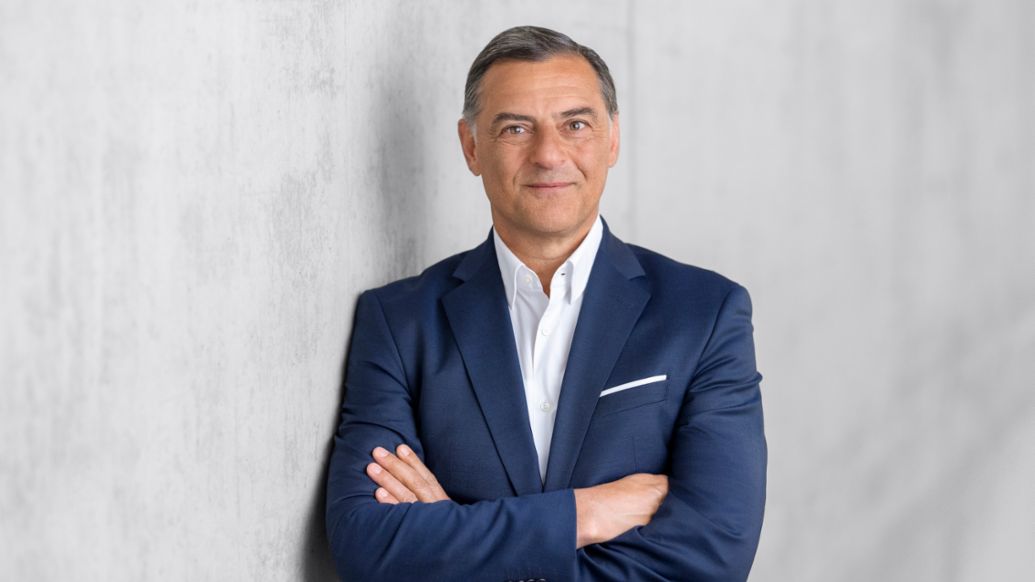
eFuels are generated from renewable hydrogen and carbon dioxide from the air thanks to the use of renewable energy. This initially creates eMethanol, which, taken one step further, is then converted into synthetic raw gasoline. The Haru Oni project, located in Patagonia, obtains the energy for this process from wind power. At this location, wind is plentiful and inexpensive.
The carbon dioxide currently comes from a biogenic source. In the future, it will be extracted directly from the atmosphere in an environmentally friendly manner using an innovative direct air capture process (DAC). Porsche is working on a “proof of concept” DAC system with the Volkswagen Group, its trusted eFuel partner HIF Global and MAN Energy Solutions. The aim is to show that the process can be implemented industrially.
“In our view, DAC is an important new technology for the future – particularly for energy extraction,” states Barbara Frenkel, Executive Board Member for Procurement at Porsche. “Pure CO₂ can be used for industrial processes or permanently stored in the ground. The eFuels produced in this way can help achieve our goals to decarbonise motorsport. We will continue to support our partner HIF in increasing the quantities of eFuels available.”

eFuel (or electro-fuel) refers to synthetic fuels that are produced using renewable energy and do not rely on fossil resources. These synthetic fuels can usefully complement electromobility, especially for existing vehicles. Porsche has already invested over US$100 million in the development and production of eFuels. Of that, US$75 million went to acquiring an interest in HIF Global LLC in April 2022. The company plans, builds and operates eFuels plants in Chile, Uruguay, the US and Australia.
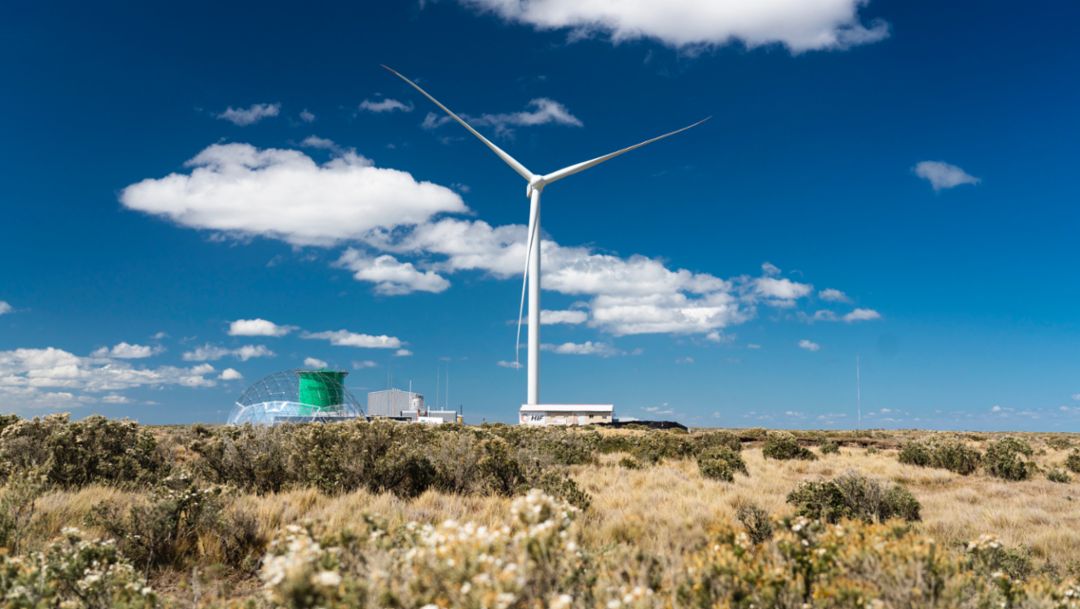
In December 2022, HIF Global began industrial production of synthetic fuel at the Haru Oni pilot plant in Punta Arenas.
The south of Chile offers ideal conditions: In the Magallanes region of Chile, wind turbines can be used significantly more often and more intensively than in a location in Germany. The wind is stronger and more consistent throughout the year.
This means that the same wind turbines there can generate many times more electricity than in European latitudes. Punta Arenas is also close to the Strait of Magellan. From there, the synthetic eFuels can be transported across the existing infrastructure in the same way as conventional fuels.
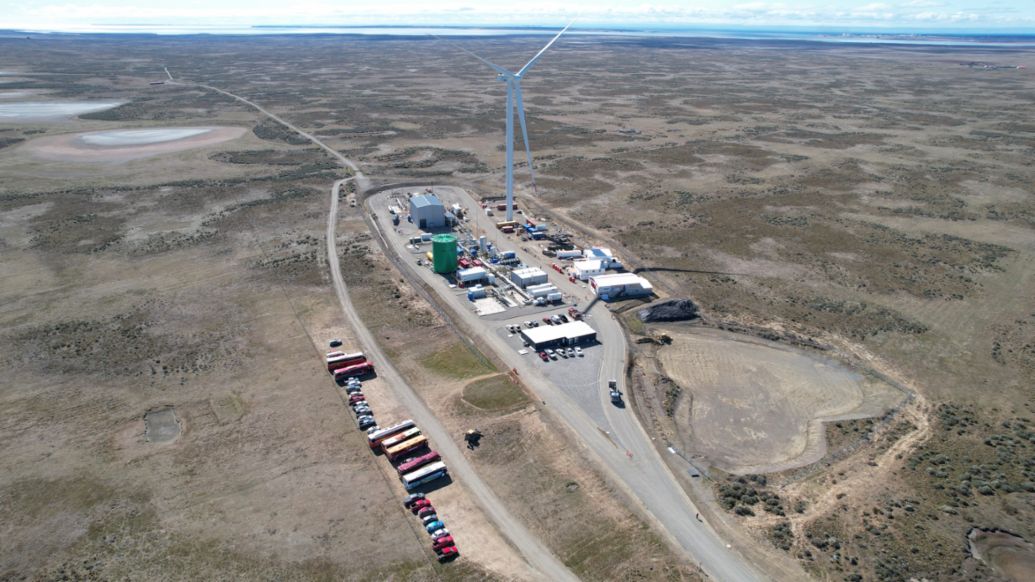
Porsche contests both the FIA World Endurance Championship (WEC) and the North American IMSA WeatherTech SportsCar Championship with the works-run 963 hybrid prototype. Like in previous Supercup seasons, so-called advanced biofuels based on ethanol are used in both championships. In the WEC, for example, they are based on organic residues from wine growing.
- Holger Eckhardt


